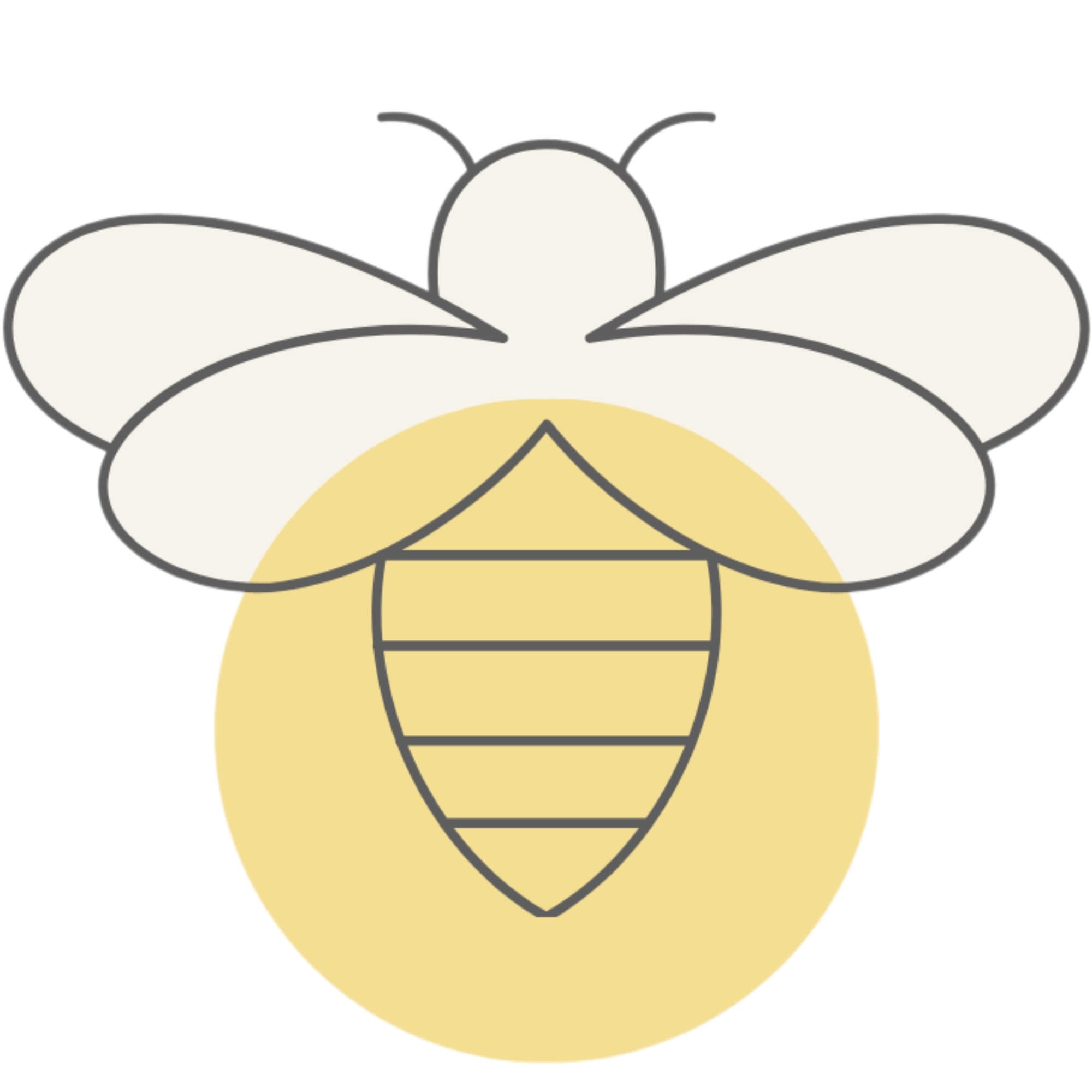-
Origin and Spread: Native bees are those that have evolved in specific regions, adapting to local ecosystems over time. On the other hand, Africanized bees, often referred to as "killer bees," are a hybrid resulting from the crossbreeding of African and European honeybees. Originally introduced in Brazil in the 1950s, Africanized bees have since spread across the Americas.
-
Behavioral Differences:
- Native Bees: Generally, native bees are known for their docile nature. They tend to focus on their pollination and foraging activities without displaying aggressive behavior unless directly threatened.
- Africanized Bees: In contrast, Africanized bees are notorious for their aggressive nature. They exhibit a heightened defensive response to perceived threats, responding rapidly and in larger numbers compared to other bee species.
-
Stinging Behavior:
- Native Bees: Native bees are less likely to sting unless provoked. Their stinging behavior is generally milder compared to some other bee species, making them less of a threat to humans.
- Africanized Bees: Africanized bees are known for their increased likelihood of stinging. They may pursue a perceived threat for longer distances and in greater numbers, making encounters potentially more dangerous.
-
Colony Characteristics:
- Native Bees: Native bee colonies exhibit diversity in size and structure. Different species have various nesting habits, including ground nesting, wood nesting, and using existing cavities.
- Africanized Bees: Africanized bee colonies share structural similarities with European honeybees. They build hives in sheltered locations, such as tree hollows or man-made structures.
-
Geographic Distribution:
- Native Bees: Found globally, native bees have adapted to a wide range of ecosystems and climates, contributing to local biodiversity.
- Africanized Bees: Initially introduced in South America, Africanized bees have spread through Central America, Mexico, and parts of the southern United States, impacting local bee populations and beekeeping practices.









Comments (0)
There are no comments for this article. Be the first one to leave a message!